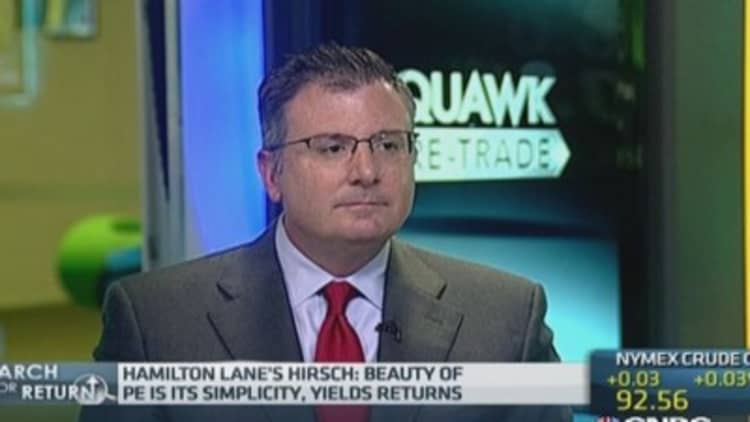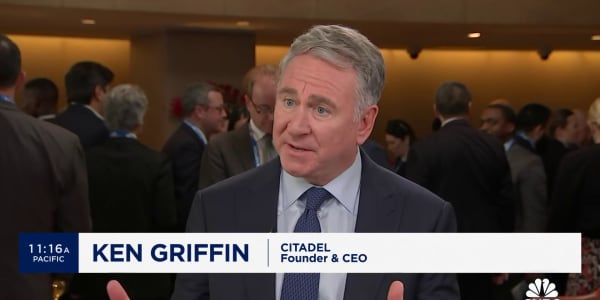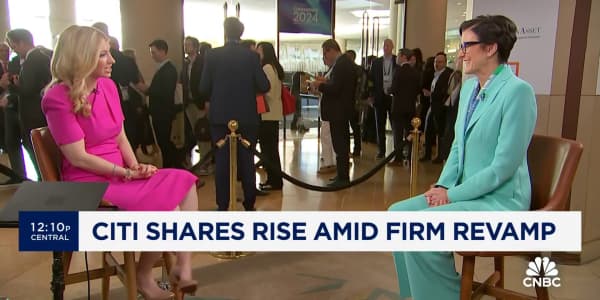Private equity returns continue to outpace stocks over the long term, according to a new report from industry association Private Equity Growth Capital Council.
As of March 31, returns from private equity funds net of fees beat the S&P 500 Index, with dividends, by 6.6 percentage points over the last 10 years (14 percent versus 7.4 percent). The PEGCC's measure for private equity fund performance is based on the median of publicly available benchmarks.
"Private equity continues to outperform public equities over the long term," PEGCC president and CEO Steve Judge said in a statement. "Our research shows that private equity has consistently outpaced the S&P 500 over a 10-year horizon, providing public pensions and other investors with superior returns at lower volatility."
While PE has outperformed over 10 years, it has fallen short of more recent stock market benchmarks. Median returns have been under The S&P 500 and Russell 3000 Index compared to one-year, three-year and five-year periods.

Some of the largest investors in private equity are American public pensions.
As noted in the report, California Public Employees' Retirement System has $30.6 billion in PE, or 10.8 percent of its retirement cash. The largest public retirement system in the country, CalPERS has earned 13.2 percent annual returns over 10 years, slightly less than its 14.8 percent benchmark for the asset class as of Dec. 31.
The California State Teachers' Retirement's also has $21.8 billion in PE, about 11.9 percent of the portfolio. The five-year return through 2013 was 13.8 percent, less than 17.9 percent from the S&P 500 with dividends (no specific benchmark was provided and 10-year performance wasn't available).
Read MoreBlackstone cuts controversial fees






